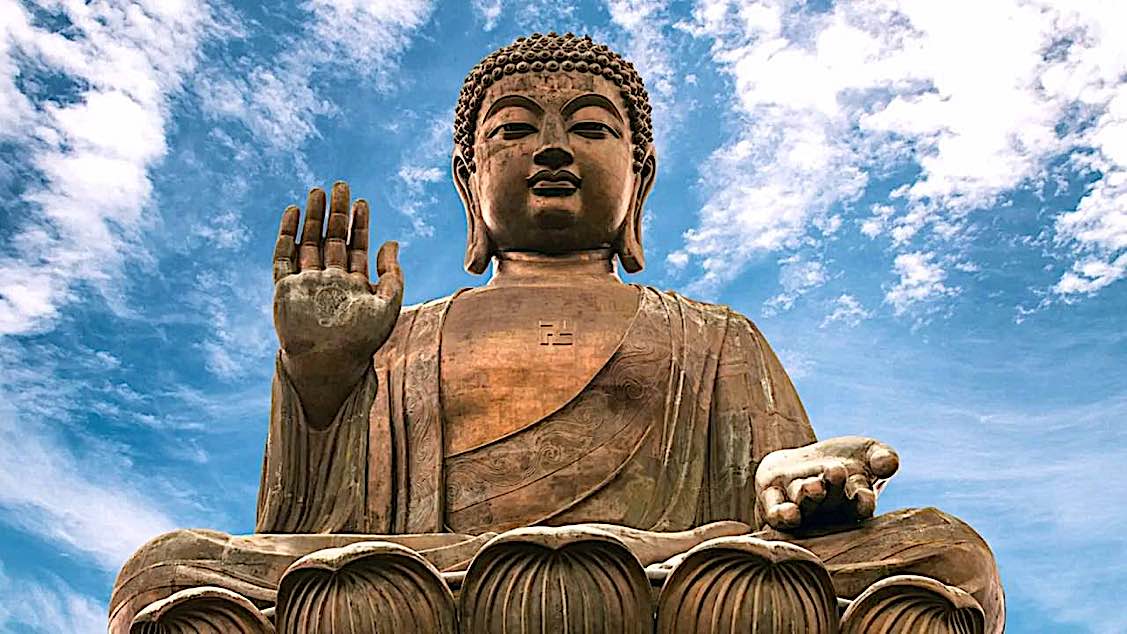Yamaoka Tesshu, as a young student of Zen, visited one master after another. He called upon Dokuon of Shokoku.
Desiring to show his attainment, he said: “The mind, Buddha, and sentient beings, after all, do not exist. The true nature of phenomena is emptiness. There is no realization, no delusion, no sage, no mediocrity. There is no giving and nothing to be received.”
Dokuon, who was smoking quietly, said nothing. Suddenly he whacked Yamaoka with his bamboo pipe. This made the youth quite angry.
“If nothing exists,” inquired Dokuon, “where did this anger come from?”
I’m fixated on the smoking Zen master. Tobacco was not known in China until the seventeenth century. The koans are much older than that. Opium was used in China by the seventh century, so there’s that.
I’ve never seen any mention of smoking or any other drugs in other koans.
Anger is a source of delusion. But it sure is real. As an addiction/attachment, to truly divest myself of all anger would, I think, be harder than kicking any habit. Anger seems like a reflexive response that rises immediately in the mind.
I really want to know what was in that bamboo pipe.
deleted by creator
Yeah yeah, but what was in the pipe?
deleted by creator
From https://en.m.wikipedia.org/wiki/Cannabis_in_China
Má (Mandarin pronunciation: [mǎ]), a Chinese word for cannabis, is represented by the Han character 麻.The term ma, used to describe medical marijuana by 2700 BCE, is the oldest recorded name for the hemp plant.
So the self is not separate but is one with all beings. Given that we don’t understand anything scientifically about consciousness, this seems reasonable, even likely. The fact that embracing it as a truth leads to a more harmonious existence is the icing on the cake.
deleted by creator
I like the term “interbeing” - Thích Nhất Hạnh conveyed some really powerful ideas quite succinctly. The idea that life and consciousness is shared by all beings makes sense - but it’s sometimes extremely difficult to realize and hold that awareness in practice.

